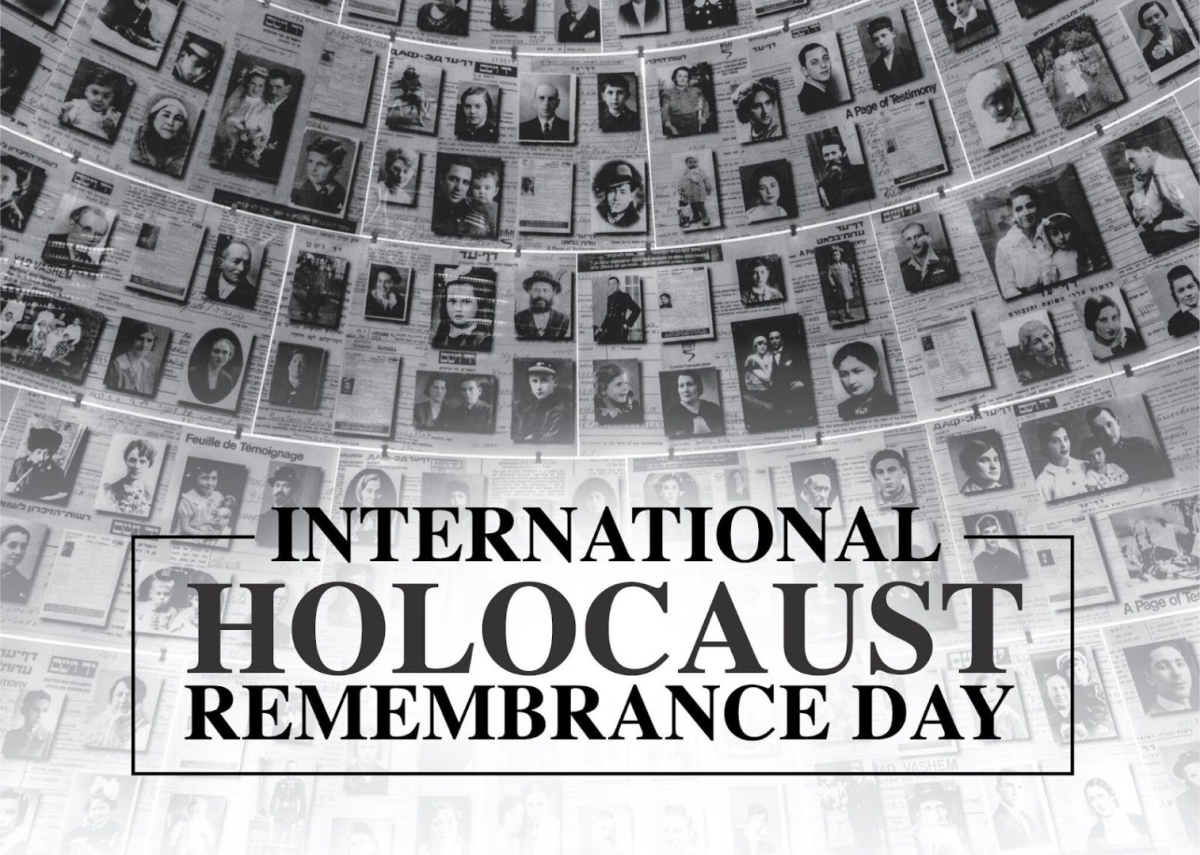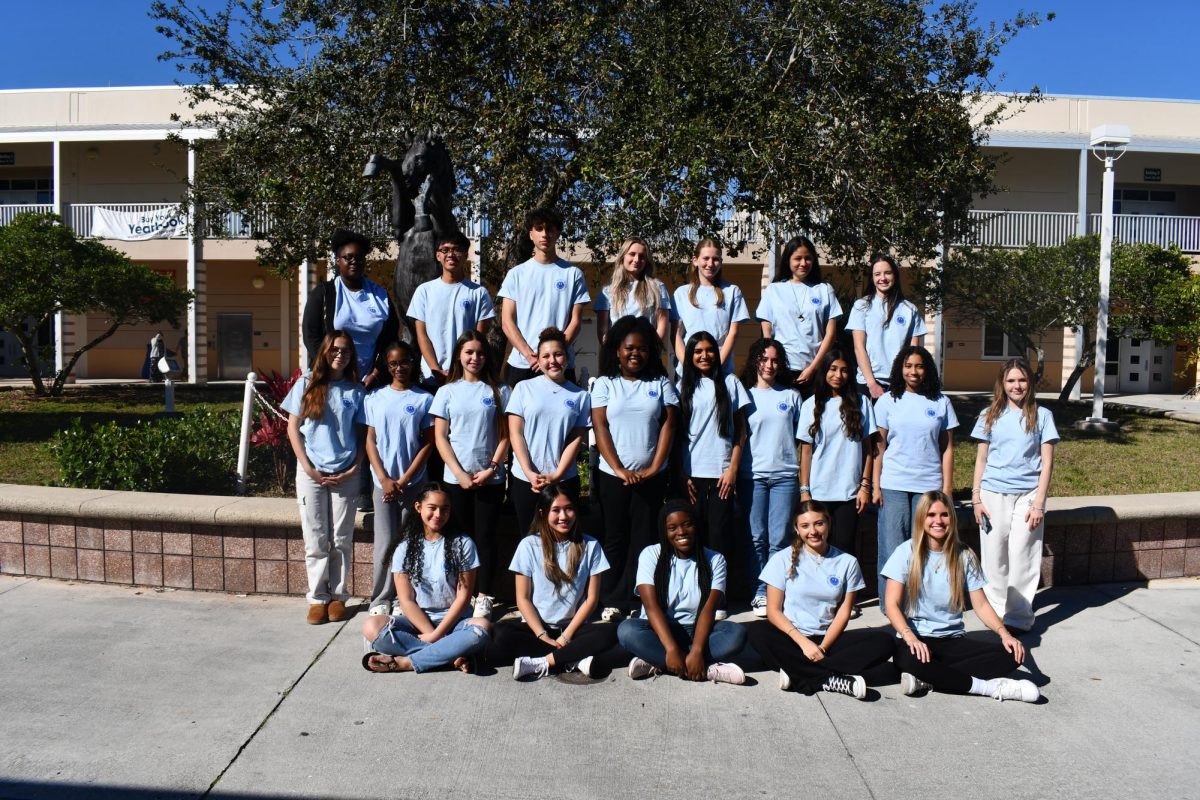LGBTQ teens face difficulties when seeking help for mental health
March 18, 2022
With belonging to a community being such a vital part of one’s identity, being rejected by society can have long-lasting negative impacts on one’s mental health. Within personal relationships, members of the LGBTQ+ community often struggle to find their sense of belonging. Without a sense of belonging, this feeling begins to take a toll on not only their physical but mental health as well.
“Belonging, like air, is a fundamental human need,” explained Dr. Linda Darling-Hammond, director of research for the The National Black Justice Coalition. “Without it, we are susceptible to profound despair. To be othered is to be deprived of belonging — to community, to humanity, and even to oneself.”
Mental health in the LGBTQ+ community continues to be a topic of discussion in recent decades. Throughout history, being a part of this community has been considered taboo, frowned upon, and even illegal in certain nations. This lack of belonging can be caused by rejection from family members, close friends, or even those on the internet that do not approve of who they are. This can cause members of this community to experience a lack of confidence as well as loneliness.
“In online environments, racist, xenophobic, transphobic, and homophobic rejection and trolling are abundant. It seems it would be impossible to feel safe in the world after ‘reading the comments,’” said Darling-Hammond. “As young people’s lives are increasingly visible across social media platforms, so is their exposure to abuse.”
According to a 2012 study conducted by the Williams Institute at UCLA Law, 43 percent of youth members were forced out by parents and another 46 percent of homeless LGBTQ+ youths ran away because of family rejection of their sexual orientation or gender identity.
The fear of rejection from one’s family or friend group can plague a majority of LGBTQ+ members and can be a very traumatic experience for the individual. With the possibility of rejection, many members have to face societal stigmas and stereotypes as well.
“There is a stereotype that all bisexuals cheat,” said junior Ella Rhodes. “I feel like it comes from a place of ‘they have more options to cheat.’ It’s frustrating cause I know that I wouldn’t do that. Liking both genders doesn’t make me a cheater, it’s just who I am.”
There are many reasons why harmful rumors spread and societal rejection occurs like the differences in cultural and religious beliefs. In many countries such as Haiti, Egypt, and Malaysia, it is highly forbidden to be publicly part of the LGBTQ+. With culture and religion taking utmost importance, some unfortunate LGBTQ+ individuals are exiled from their homes and forced to live in the world with little to no support. For example, in Afghanistan, Penal Code 1976, Section 645 criminalizes same-sex intimacy between women with imprisonment for up to one year and Section 649 criminalizes same-sex intimacy between men.
Additionally, these LGBTQ+ individuals in the United States face active discrimination in state legislation. For example, in Florida, the Parental Rights in Education Bill, HB 1557 also known as the Don’t Say Gay bill, which bans the teaching of LGBTQ topics in grades 1-3 was passed by the Florida legislature and signed into law by Governor DeSantis on March 28. Students throughout Florida – in Tampa, Orlando, and Tallahassee in particular – staged walkouts to protest the legislation.
Such discrimination, enforced by law or not, happens all over the world. According to the National Alliance on Mental Illness (NAMI) organization, “Many members of this community have experienced discrimination, prejudice, denial of civil and human rights, harassment and family rejection, which can lead to new or worsened symptoms.”
The negative stereotypes behind different sexual orientations can lead to making members feel as if there is nothing they can do in order to stop false narratives from spreading.
“I definitely have experienced stigma, mainly relating to my masculinity,” said senior Tyler Fabrini. “Sometimes people tend to see me as less of a man because I’m not straight and I can sometimes express myself in gender non-conforming ways. I’m still a guy. Guys can like guys and girls can like girls.”
The LGBTQ+ community can face many barriers when trying to get help for their mental health. According to the Center for American Progress, a non-profit research institute, more than 50 percent of all LGBTQ+ members have experienced a form of healthcare discrimination, many mental health issues that individuals may have will go untreated.
“Although being LGBTQ+ is absolutely not a mental illness, many LGBTQ+ people experience mental health struggle,” stated Mental Health America, a non-profit group committed “to promote mental health and prevent mental illness through advocacy, education, research, and services.” “The bisexual and transgender communities have the highest rates of mental health concerns within the LGBTQ+ population. Younger members of the LGBTQ+ community struggle the most with mental health concerns of all the age groups.”
According to the poll “Discrimination in America,” by the Robert Wood Johnson Foundation, about 1 in 5 LGBTQ people shy away from medical care because of discrimination fears.
While some young people do not publicly disclose their preferences for a fear of retribution, others have found it therapeutic.
“Coming out meant that I didn’t have to hide who I am anymore,” said Fabrini. “Over time I was able to slowly start presenting myself in the ways I wanted to instead of how I felt like I was supposed to. It’s also helped me embrace my differences over time instead of being ashamed or embarrassed of them. They are what make me who I am. I’m much more confident in myself and my identity now.”
If you are seeking help with your mental health, please speak to a mental health professional or visit these helpful resources:
National Suicide Prevention Lifeline: 1-800-273-TALK(8255)
Crisis Text Line: text HELLO to 741741



